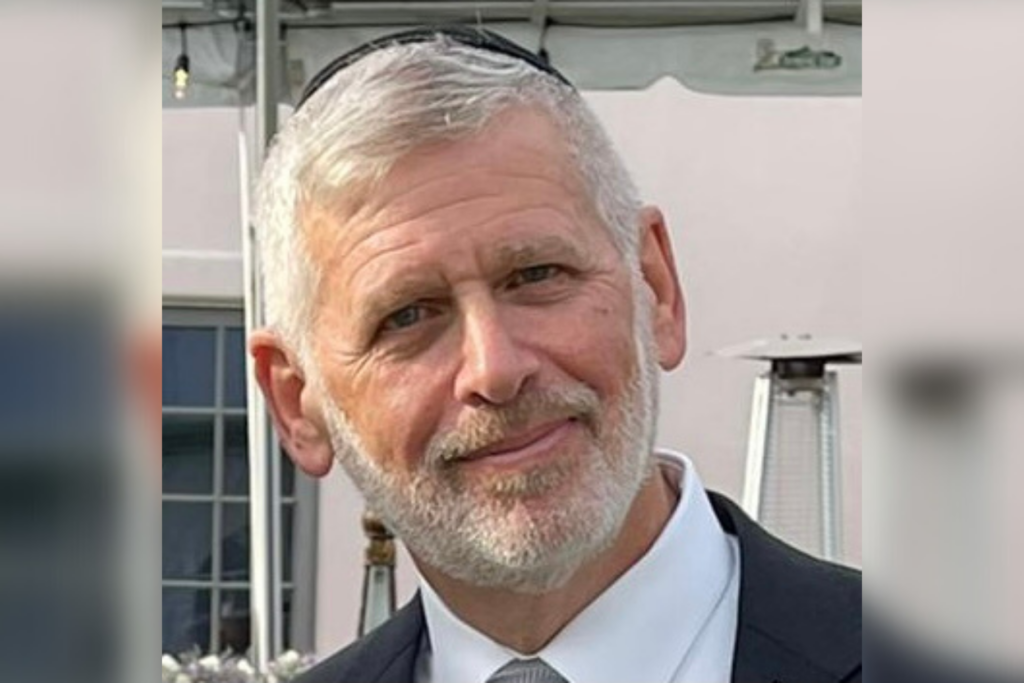At one point or another, we’ve all been subject to pain, whether it’s as simple as a headache or something more serious, like chronic back pain. Thus, those who study how to effectively treat and manage pain play a crucial role in everyone’s lives.
Today, a wide variety of health professionals — including physicians, dentists, physical and occupational therapists, nurses, psychologists and pharmacists — are advancing their knowledge in the field and diversifying their medical training with programs like USC’s online Master of Science in Pain Medicine.
A joint offering between the Keck School of Medicine of USC and the Herman Ostrow School of Dentistry of USC, the postdoctoral, three-year master’s program aims to help practicing health care providers better understand the multidimensional nature of pain, learn how to correctly assess and diagnose, and determine how to manage all kinds of pain.
To dive deeper into the program and its advantages, USC Online spoke to recent graduate Asher Mansdorf, who called the online experience both formative and enjoyable.
“If I were 50 years younger, I don’t think I would have ever stopped going to USC classes,” he laughed while describing his time at the university.
Finding Solutions to Patient Pain
Mansdorf initially received his Doctor of Dental Surgery (DDS) from Columbia University, completing his residency at Jamaica Hospital Medical Center in New York City. He then went on to become certified by the American Board of Dental Anesthesiology, opening up a private practice and working as a general dentist for many years.
It wasn’t until Mansdorf was recovering from a back surgery that he was struck by the desire to go back to school.
“I was looking at an American Dental Association magazine, and I saw an ad for the USC program. I called up and soon was enrolled in the Master of Science in Pain Medicine online program,” he described.
Now a clinical assistant professor of dental medicine at the Touro College of Dental Medicine (TCDM), Mansdorf said he pursued the master’s degree so he could effectively treat patients who were dealing with complex pain issues.
“Looking back on my career, there were a variety of times when patients came in with complaints of pain, and I never came up with a solution,” he said.
Instead, Mansdorf referred his patients to different specialists, which he felt did not ensure that they were “appropriately cared for.” Although he kept up with medical advances and industry shifts through individual courses, Mansdorf said he never stopped to properly question, “How do I assist those patients who I’ve been unable to successfully treat?”
“At that point, it seemed that [obtaining my master’s] was the right thing to do,” he explained.
The MS in Pain Medicine Online Experience
With the MS in Pain Medicine program, Mansdorf developed the knowledge to make proper pain diagnoses that will not only help him in his career as a dentist, but also in his role as an educator.
“Going forward in my new teaching role, I now have something more that I can share with my students[,]” Mansdorf said.
He also emphasized how much he felt supported by the program’s staff and faculty, including Steven H. Richeimer, MD, Mariela Padilla, DDS, MEd, and Glenn Clark DDS, MS.
“They made me feel incredibly comfortable in the learning environment. They shepherded me along from one class to another. Even when I began to doubt myself, they didn’t allow me to. They helped me reach the point where I could now look back on my career comfortably and say I made a lot of good choices in terms of how to treat these patients,” he said. “That tremendous sense of ‘I’m in the right place’ — that was my feeling at USC.”
When asked what advice he would give to others considering the postdoctoral program, Mansdorf urged patience and thoughtfulness when it comes to both schooling and career paths.
“People tend to look at life like they’re on a ladder, and all they’re seeing is the people in front of them. I like to look and say, ‘Look at all the people I’ve already passed. I don’t have that much farther to go’ … So, you have to look behind yourself at all the people who are first dying to get into dental school, and then dying to do a residency, and then dying to graduate. You’ve already finished all of that. So, take one rung at a time and move up,” he concluded.
Learn more about the online Master of Science in Pain Medicine program today.


